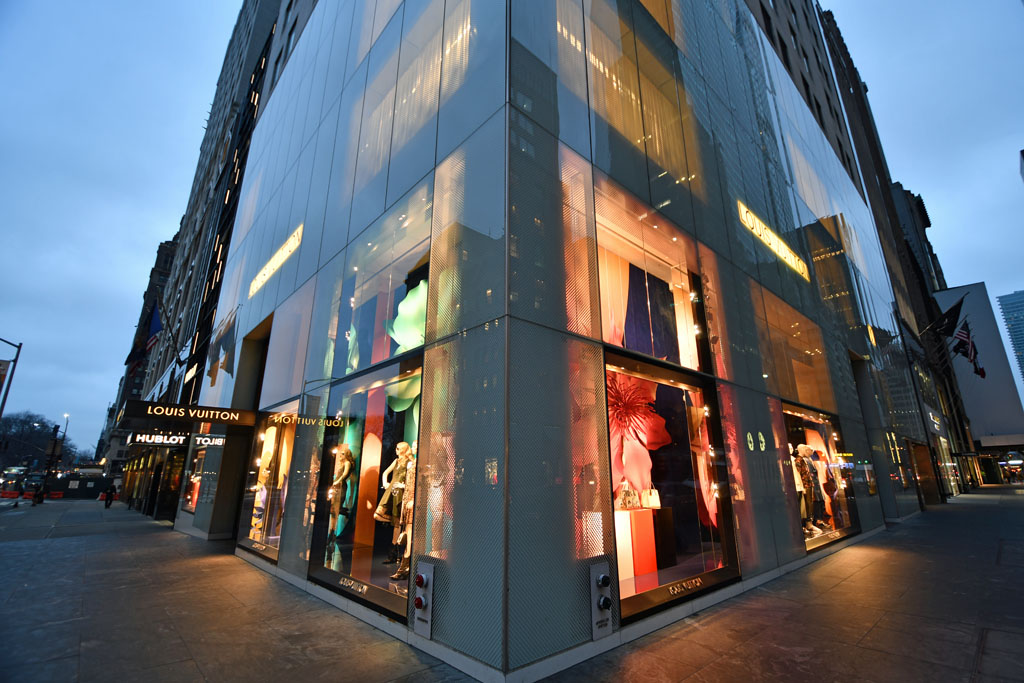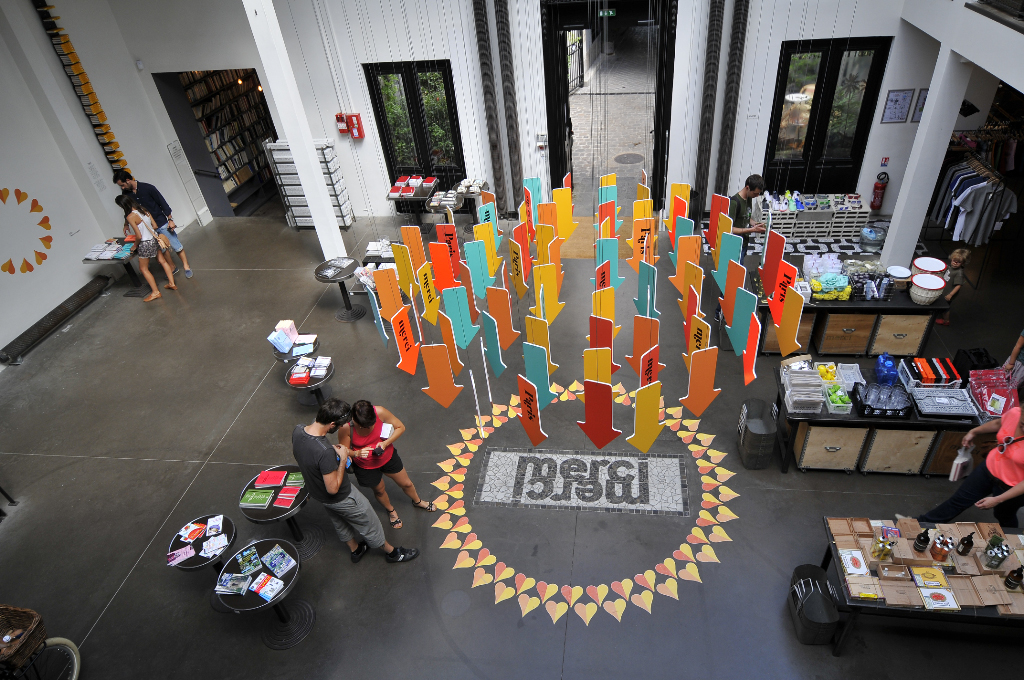What will remain of brick-and-mortar stores in 20 years from now ? Not much.
Consumers will adopt online behaviors and will visit physical points of sale on very few occasions :
- when forced to
- to enjoy a very special customer experience
- for the purpose of showrooming
- when e-commerce is a worse option
Here are our predictions on 3 types of businesses which will survive to e-commerce and why they will.
luxury sector : the #1 industry to need brick-and-mortar stores
Several aspects explain why luxury brands will always need physical store to sell their products.
First of all the customer experience in a luxury store is a rewarding one. You are taken care off, the atmosphere is delighful and employees keen on satisfying you. There is also a social perspective in that experience. Shopping in a luxury store makes you part of a club. You enjoy not only to be in the store but also to have been there and to tell it.
Second, luxury commands high prices that often are above the psychological limit of what can be bought online.
For those reasons visiting your tailor will always give you more pleasure that having your him coming to your office.
Examples of businesses falling in that category: tailors, high-end jewelry and watches, luxury accessories and fashion
The Vuitton store on 5th Avenue, New-York
Special customer experiences
Some brands have succeeded in creating unique customer experiences. Think of Abercrombie & Fitch, Hollister, Lusch, Nature et Découvertes, Merci and the late Colette store in Paris …
These stores sell regular stuffs transcended by the physical store experience. Who would like to pay 100$ for a tee-shirt outside of a Abercrombie & Fitch store ? You’ve got to have something special to propose in your store to make people buy.
Examples of businesses falling into that category: brands whose differentiation is based on the customer experience offered in physical points of sale
The Merci store in Paris
Businesses with very limited catchment areas
Businesses whose catchment areas is very small, those whose clientele is very local and very loyal, are likely to survive. You’re unlikely to completely stop going to that little Japanese restaurant to have your weekly dose of sushi, right ?
Examples of businesses falling into that category: local shops providing personalized services (services only, shops selling manufactured goods will eventually die, including supermarkets which business model will completely change in upcoming decade to highly automated self-service places) like restaurants, hairdressers, car dealerships (you’ll still need to maintain you car wherever you buy it), …
10-year prediction on the future of physical stores and cities
A great many stores will end up closing and our guess is that businesses falling into the 1st (luxury) and 2nd (special experiences) categories will compete for the same spots in some very specific streets. All other streets will sharply depreciate.
The trend to e-commerce is unstoppable. Advances in logistics, further automation progresses, economies of scales (free returns will become the norm) will make ensure that e-commerce gets always closer to offline commerce in terms of experience.
There are however some real risks. Building up further automation capacities while maintaining employment will only work in prospering times. Beware of downturns ! Supply-chain specialists which will have built up too much capacities will ot survive a crisis.
Key take-aways
If you want to survive in an offline market, you must offer at least one of the following :
- a unique customer experience
- a socially rewarding experience
- a highly personalized service in a limited catchment area
Posted in Marketing.

